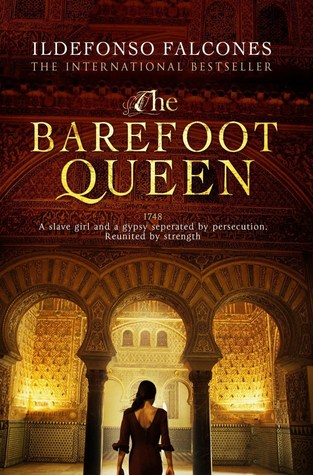Hemingway, Ernest "To Have and Have Not" - 1937
Some people have it, others don't. Money. That is the main subject of this story. Harry Morgan belongs to the latter category and needs to find ideas to support his family.
Hemingway's love for Cuba is probably the reason for the main setting though this might have taken place in many parts of the world.
I don't think this is the author's greatest book and am glad it wasn't the first one I read. While the story itself is interesting, it goes all a little higgledy-piggledy, especially towards the end. You can't help but wonder whether Mr. Hemingway just wanted to finish this one. Apparently, he considered it his worst one.
He was still a great author.
Comments from the discussion:
- Most people agreed the characters were not likeable, but we had a lot of thoughts on the settings and time and place in history, as well as about Hemingway's writing style and how it was formed and how it influenced writing of the future.
- His writing was not really to my taste, nor his characters, I can see how he is well regarded as an author while he just isn't a great fit for me personally. Still I am now able to say I have read something by him, and it will be a good reference point while reading similar genres in the future someday.
From the back cover:
"Hemingway's Classic Novel About Smuggling, Intrigue, and Love
To Have and Have Not is the dramatic story of Harry Morgan, an honest man who is forced into running contraband between Cuba and Key West as a means of keeping his crumbling family financially afloat. His adventures lead him into the world of the wealthy and dissipated yachtsmen who throng the region, and involve him in a strange and unlikely love affair.
Harshly realistic, yet with one of the most subtle and moving relationships in the Hemingway oeuvre, To Have and Have Not is literary high adventure at its finest."
Ernest Hemingway received the Nobel Prize for Literature in 1954 "for his mastery of the art of narrative, most recently demonstrated in 'The Old Man and the Sea' and for the influence that he has exerted on contemporary style".
I contribute to this page: Read the Nobels and you can find all my blogs about Nobel Prize winning authors and their books here.











